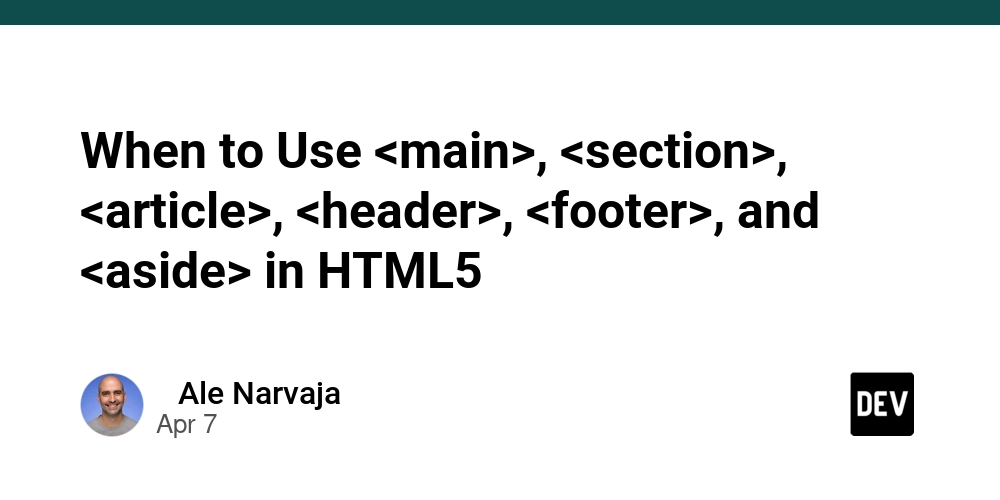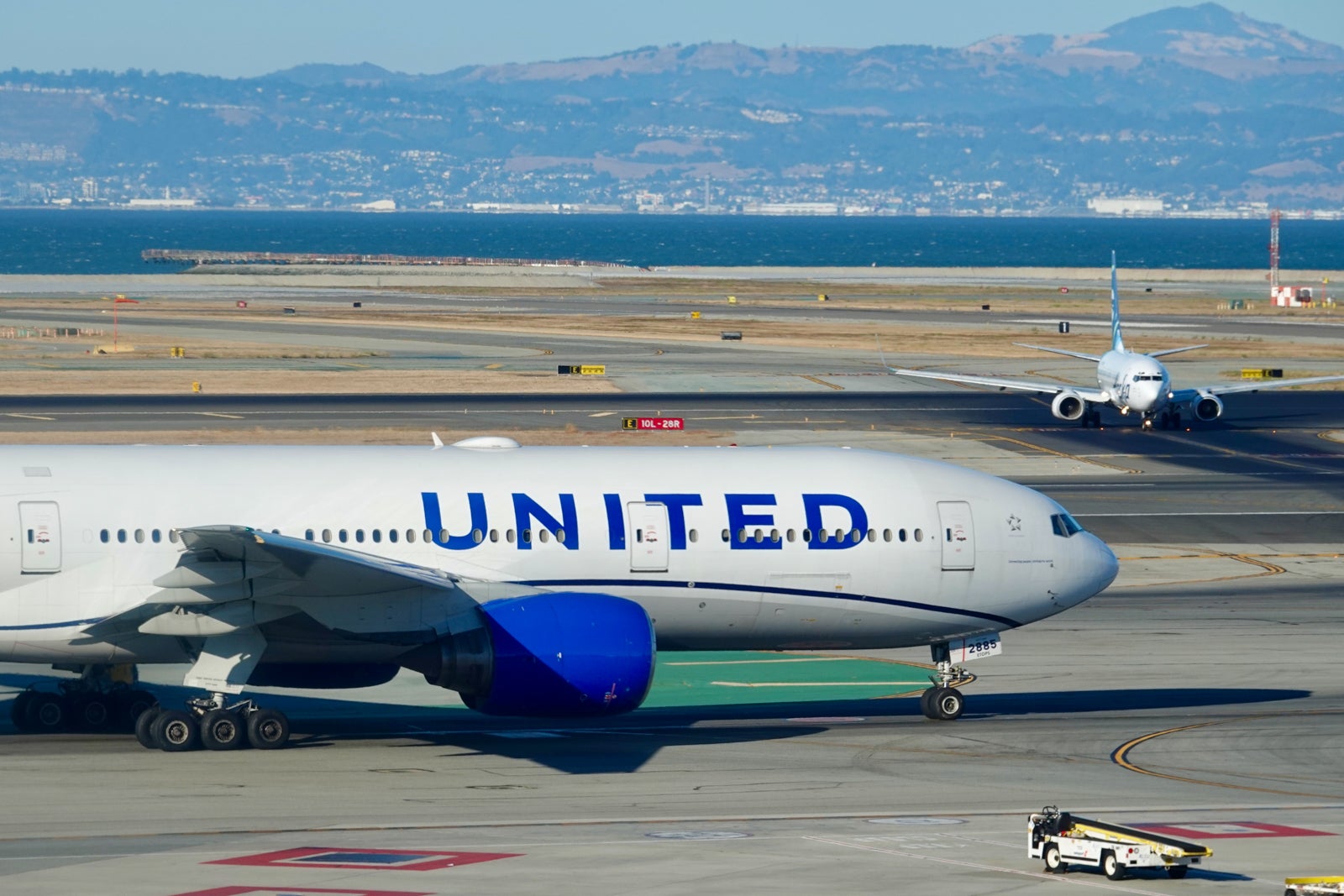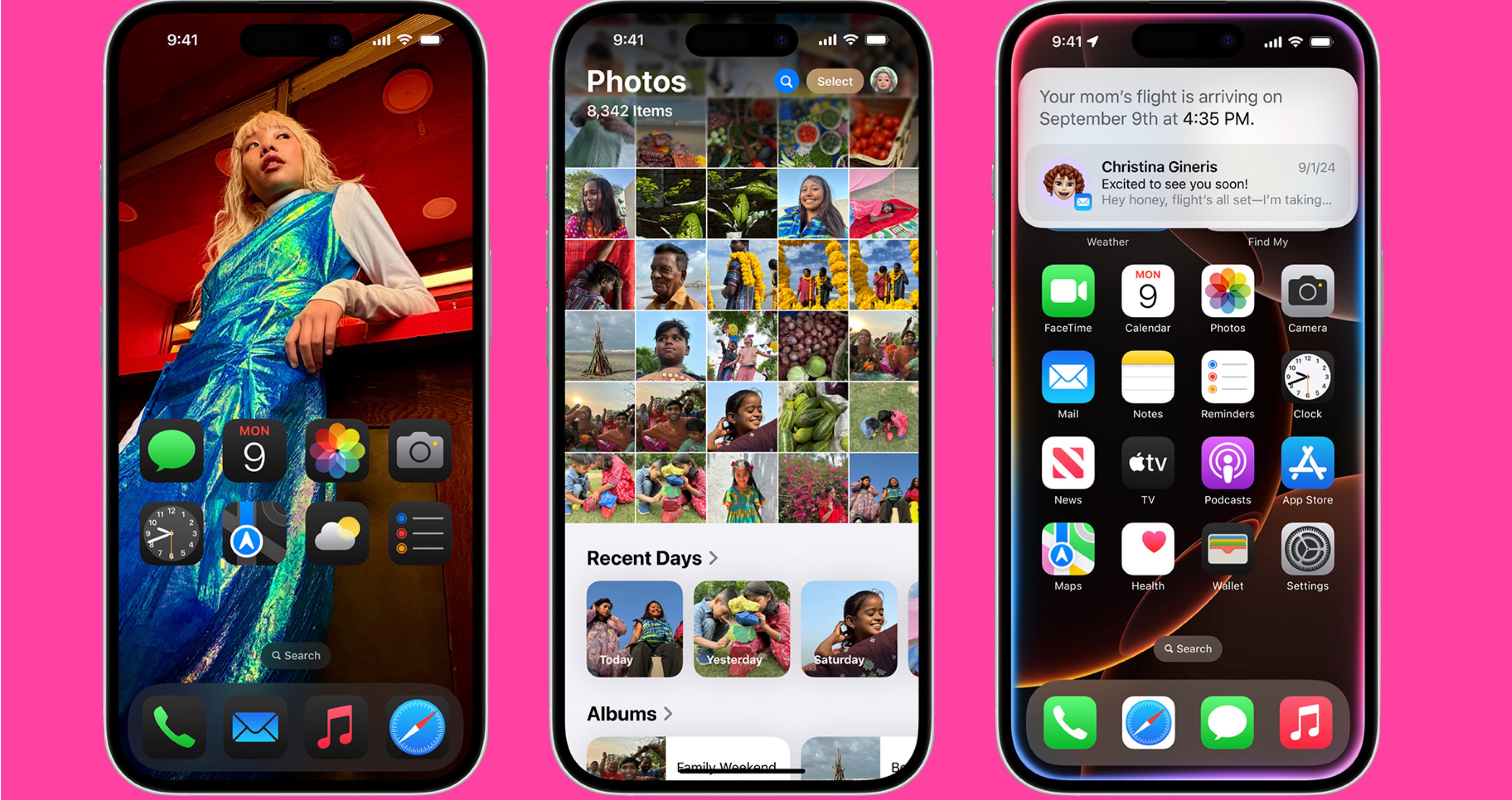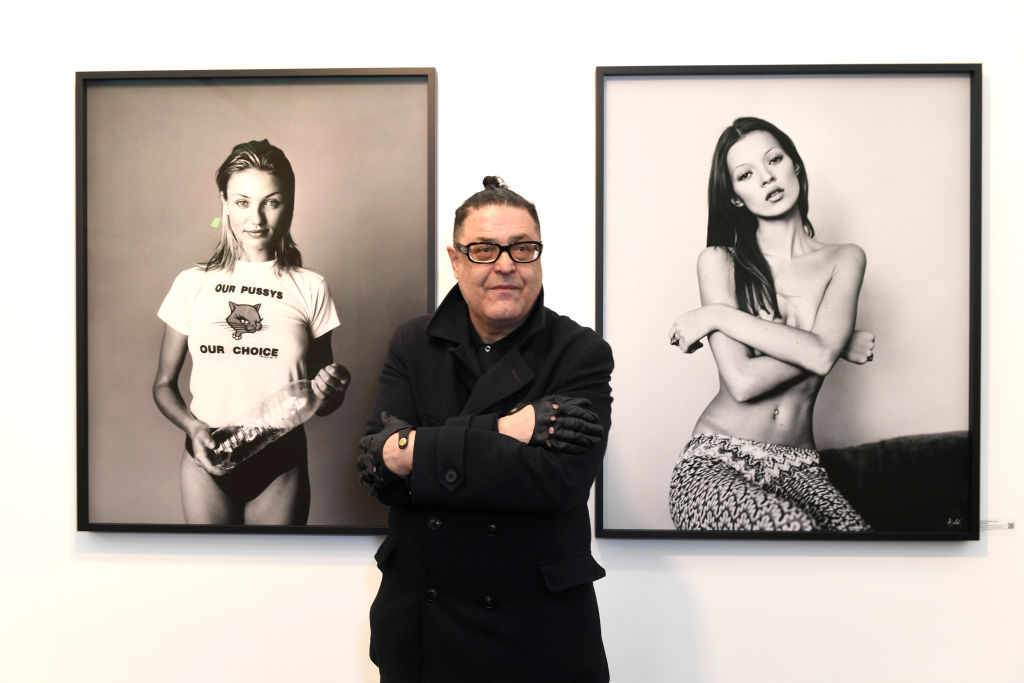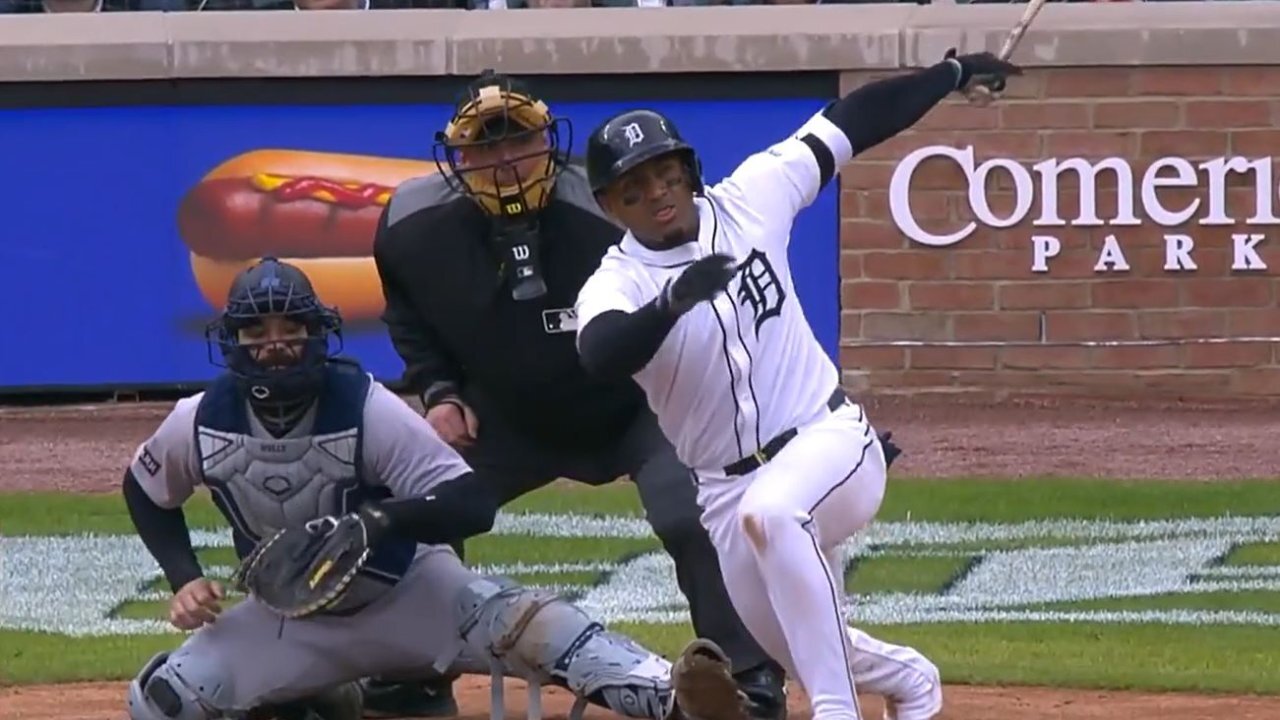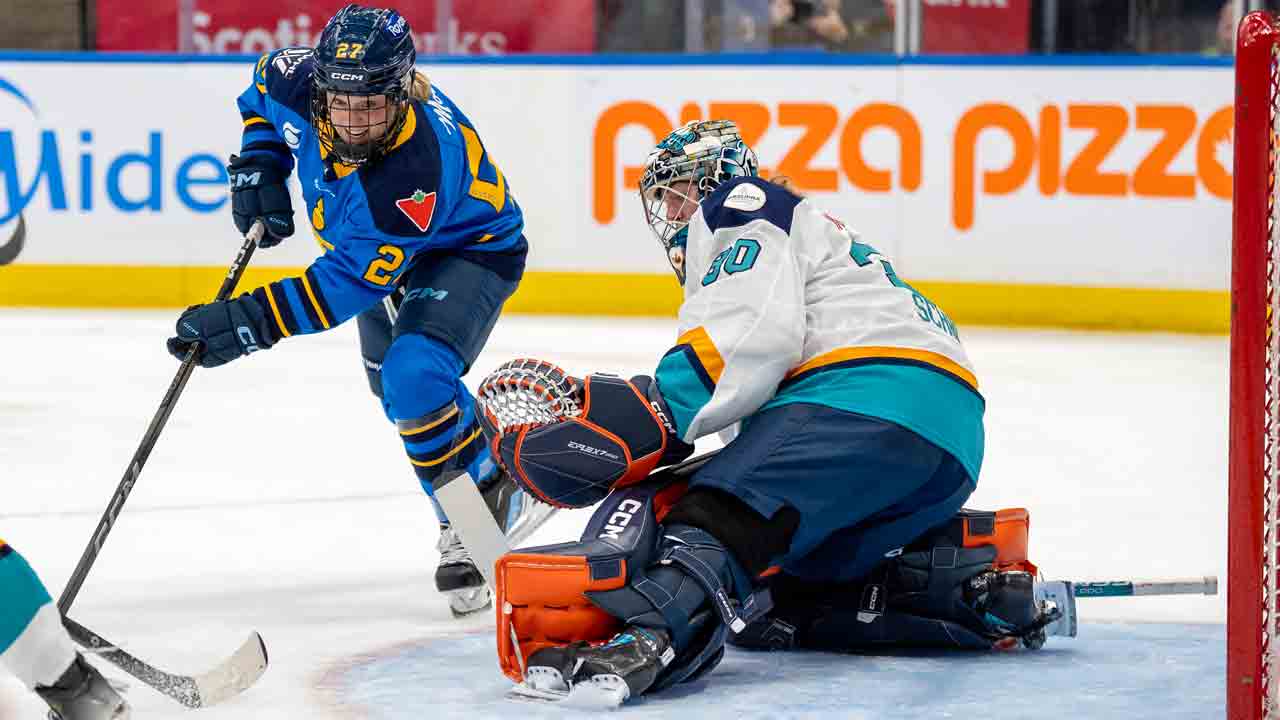The boom boom aesthetic fetishizes wealth in an era of chaos
Boom boom, a new aesthetic trend inspired by 80s excess, blurs the line between satire and reality.


The stock market just plunged, thanks to a wave of new tariffs. Your boss just called into Zoom from a mansion-sized cabin upstate. Inequality is reaching heights previously unseen in times of peace. ChatGPT is replacing artists at work. A recession is always "looming." Entire civilizations are being leveled by war. We’re living in a time of chaos — and with chaos, apparently, comes an aesthetic to match.
This one’s been dubbed "boom boom," a shorthand for the aesthetics of Patrick Bateman: high-end, hyper-curated suits; a revolving door of expensive new restaurants praised not for their food but for their exclusivity; and an obsessive fetishization of wealth. Don’t worry: boom boom doesn’t come bundled with the murder, violence, and misogyny of Bret Easton Ellis's American Psycho.
"We live in an era defined by explosions: of inequality, of knowledge, of information, of wealth — and yes — of actual bombs. Boom boom is embraced by those who see opportunity in the chaos. For those who disagree, this will seem villainous and nihilistic — a dark mode shift, as Edmond Lau called it. But it’s important to remember, no one ever imagines that they’re the bad guy," trend forecaster Sean Monahan said in his Substack newsletter, 8Ball. His work at trend forecasting spans from 2013's normcore to the vibe shift of 2022.
Monahan describes the boom boom aesthetic — not to be mistaken for the nasal stick on Shark Tank — as a "fetishization of the past." If you have money, you want to look like it, and that's what the boom boom aesthetic offers. This aesthetic is the opposite of quiet luxury, shouting your seven-figure income from the top of a rooftop bar with a fur coat on.
Monahan told The Cut that the term was inspired by the Boom Boom Room, a golden-hued club at the Standard Hotel in the heart of New York City’s Meatpacking District that opened in 2009, and Windows on the World, a restaurant at the top of the North Tower of the World Trade Center that was a hotspot in the 1980s.
Monahan isn't the only cultural purveyor who has noticed our collective obsession with the '80s. The National Portrait Gallery in the UK currently has an exhibition that "brings together the work of over 80 photographers" featured on The Face magazine covers during its 1980s heyday.
"In the future, everyone will blame the '80s for all societal ills, in the same way that people have previously blamed the '60s," Peter York, an '80s style and cultural trend expert, told The Rake. "All the Big Bangs unleashed then — monetarism, deregulation, libertarianism — have been working their way through the culture ever since."
The Big Bang that York refers to has, seemingly, resulted in Monohan's boom boom aesthetic. We now have a president who once lived in a fully gilded apartment, launched a $5 million "gold card" U.S. Visa with his own face on it, swapped the deep red curtains in the Oval Office for golden ones, and — lest we forget — was name-dropped dozens of times in American Psycho, to the point that Patrick Bateman’s obsession with him becomes a source of tension with his girlfriend, Evelyn. Meanwhile, Bateman himself is being resurrected, with Luca Guadagnino set to direct a new American Psycho film.
The "boom" in boom boom refers to a "booming" economy — or at least the illusion of one. In that way, the trend seems to fold in on itself, becoming a kind of self-aware satire. One of the richest men in the world is the president’s right-hand man, and the Trump administration has imposed tariffs so aggressive that even penguins are somehow being economically affected. As The Cut recently put it, we’re in the 2020s now, an era where it’s “no longer gauche to be bougie and brash.” Writer Emilia Petrarca succinctly added, "Online retailer Ssense currently sells a $55 T-shirt that reads YOU’RE A SLAVE TO MONEY THEN YOU DIE. The purists here are the butt of the joke."
During men’s Fashion Week in Paris a few months ago, Saint Laurent featured men in Wolf of Wall Street–esque suit jackets on top with baggy leather pants or thigh-high boots on the bottom. Armani's January campaign featured the broad-shouldered, loose-fitting power suits of the ’80s and ’90s. Celebrities jumped on the trend, too. Ayo Edebiri's oversized gray Loewe suit at the Golden Globes; Chappell Roan wore an oversized grey suit to the Grammy Museum; both of Doechii's Thom Browne looks at the Grammys were reminiscent of 80s suits, and her pinstripe Thom Browne suit at Variety's Hitmakers Awards Ceremony was boom boom to a T.
Boom boom is everywhere. Like all aesthetics, it's political — but Monahan argues this one isn’t partisan. I’m not entirely convinced anything can be political without being at least a little partisan, but boom boom does seem to resonate across the political spectrum. It might be an evolution of the "old money" aesthetic teased in Succession, but to me, boom boom feels more sarcastic, more biting. It embraces power-dressing and corporate themes just as we drift further into work-from-home culture — a strange response to nostalgia for the office, or maybe a glamorized reaction to corporate precarity. It mirrors a kind of reactionary longing for rigid hierarchies and traditional power structures.
But it’s not just political commentary. Boom boom cosplays the one percent — it mocks them. And yet, the people selling us this aesthetic are the one percent. All love to Doechii, Chappell Roan, and Ayo Edebiri — they’re immensely talented, but also figures of significant cultural influence, likely with the financial stability to match. The head designers at Saint Laurent or Thom Browne hold their own kind of capital. And let’s not forget: The man with the golden apartment we mentioned earlier is literally the president.
It's difficult to tell if boom boom is actually ironic or if it just uses irony as a shield for indulgence, not unlike what happened with the commodification of punk.
So who actually benefits from an aesthetic that celebrates, whether playfully or not, the shameless pursuit of wealth above all else? And in a world where satire and reality blur beyond recognition, how do we distinguish boom boom's performative parody from the dangerous obsession of a real-life Patrick Bateman?

















